Welcome to Small Steps Homestead, where we are learning to homestead where we are. Would it be awesome if our dreams came true all at once? Yes! However, most of the time we have to start small and work our way toward our dreams. That is what we are focusing on at Small Steps Homestead.
Homestead Dreams:
I have dreamed of homesteading for years. If you looked at my personal YouTube account, you would find it filled with the best of the best in the Homesteading World. Even before YouTube, I had been drawn to Homesteading. About 11 years ago, I wrote another blog about urban homesteading in the middle of Los Angeles. I was also an original member of HomesteadBlogger. Does anyone remember that?
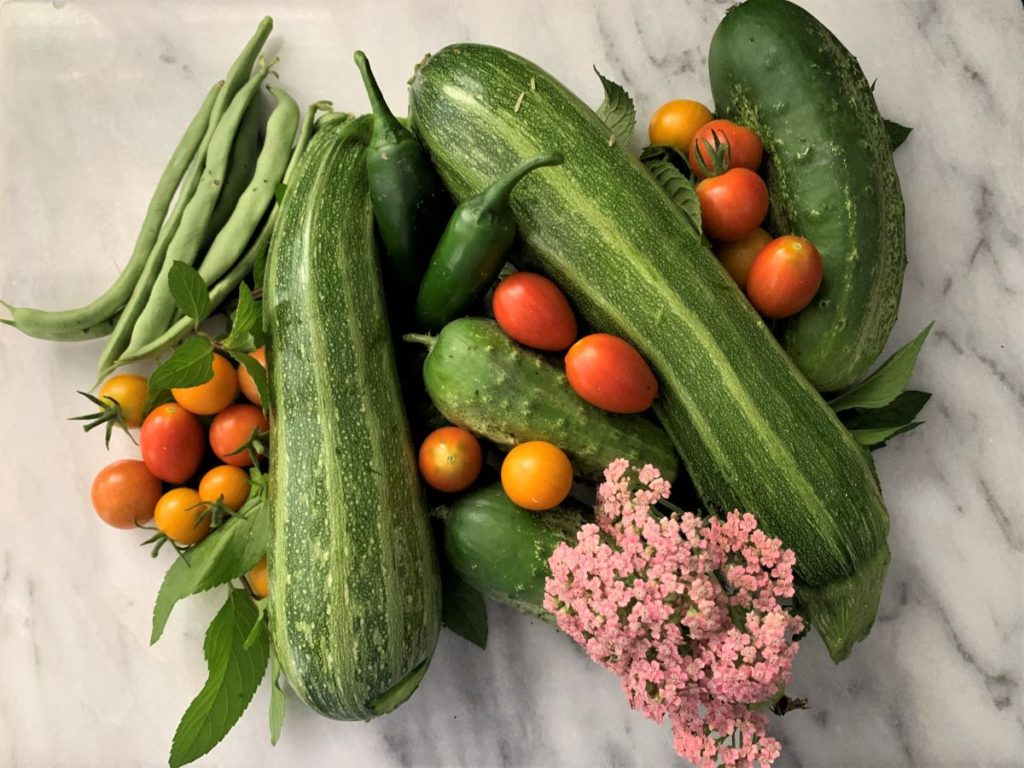
Where We Are Now:
Small Steps Homestead is on approximately 1/3 acre where we are learning to homestead as best we can. We live in a small suburban town about 45 minutes outside of Pittsburgh. I like to say that we are country adjacent, because in about 15 minutes we can be driving down country roads and passing farms. Living this close to farm country doesn’t help curb the desire to homestead. If anything, it makes it stronger. Maybe someday we will buy that dream homestead near by.
Where Did This Start:
I grew up in Pittsburgh. My mom was Pennsylvania Dutch, which I always say is one step away from Amish. She taught me to cook from scratch, making things like Spaetzle, pickled eggs, and Shoofly Pie. My dad was from the Blue Ridge mountains of Virginia, where I learned to love fried apples, Virginia ham, and grits. Every summer we would grown a huge garden. They would also buy things in bulk from the farmers market and spend hours canning for the winter. Our meat came in bulk from the butcher and not the supermarket.
Every Fourth of July we would take a trip to Virginia and spend time on my aunt’s and uncle’s farms. I really do think that is where my homestead dreams started. Honestly, the Blue Ridge still calls to me some days.
My husband is originally from El Salvador and spent most of his childhood on his grandmother’s farm. He also spent a lot of time helping his uncle out in his market garden style farm. Even today, when we plant things like corn, beans, and watermelon, he does it the way his uncle taught him.
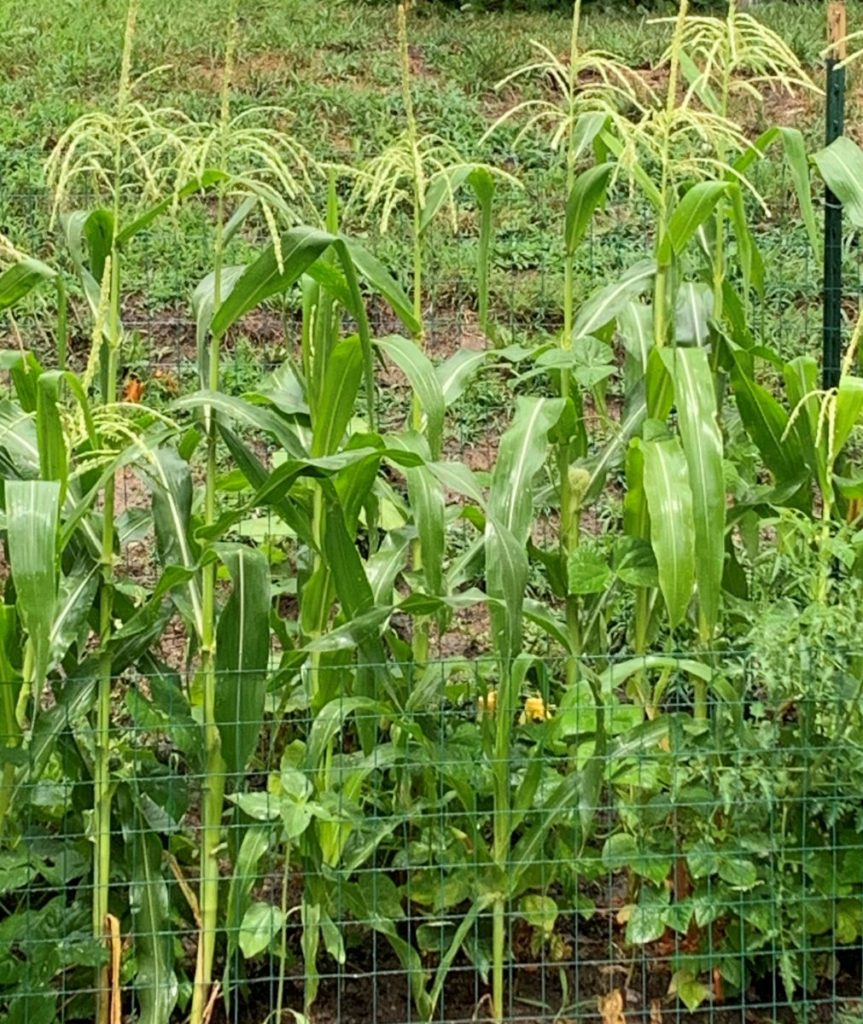
We always knew when we had our first home, we would have a garden. Over the years other things from our childhood like preserving the harvest, fermenting, line drying clothes have added to our homestead journey. Learn more about me HERE.
How Did We Get Here:
We met while living in Los Angeles. After years of infertility, we have three adopted children ages 11, 10, and 9. They are a sibling set that came to us in two steps. Imagine going from no children to having a 2 year old and an infant. We are totally blessed and there are little things about them that really show us God’s hand in their adoption.
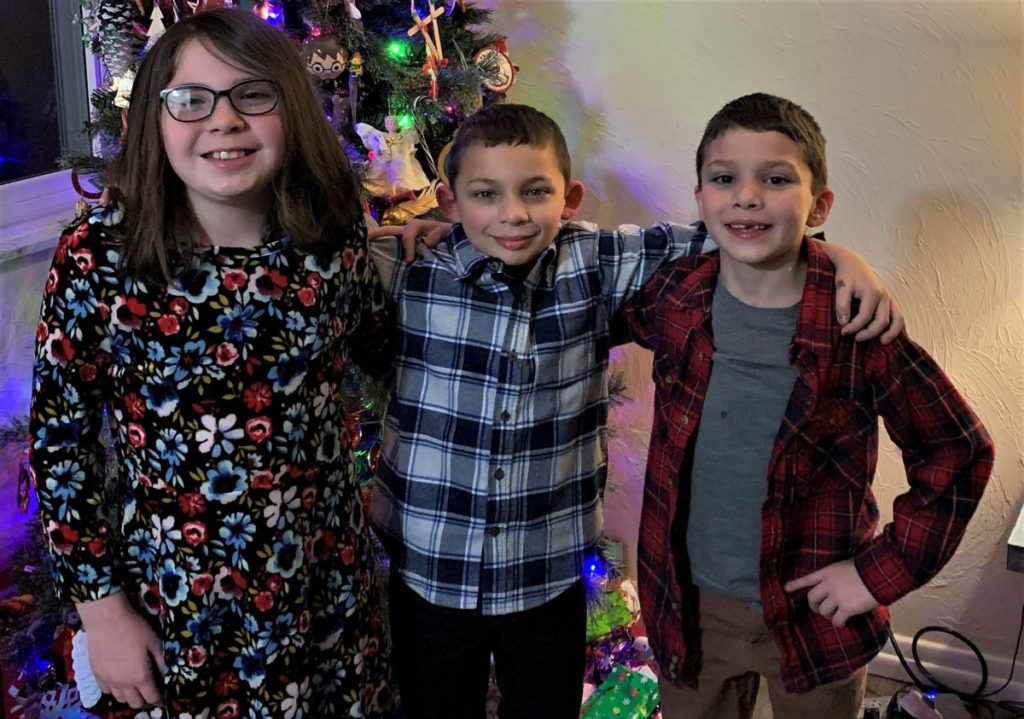
A little over two years ago, we made the decision to leave Los Angeles and buy a farm in either Tennessee or North Carolina. You might wonder how we wound up in a house in Pennsylvania. I’m going to be honest, it was a poorly planned move and things didn’t go well. Instead, we made the decision to come to family in Pennsylvania and stayed. We have learned where we went wrong but we also choose to believe that God has a better plan.
Now What?:
Is the dream of homesteading gone? I’ve tried to make it go away, but it just won’t. Honestly, I believe the desire for homesteading is a calling and if you truly are being called to homestead it will not go away.
The problem then becomes how can we be learning to homestead at Small Steps Homestead when we are on only a 1/3-acre lot with a steep hill, in a township that won’t even let us have chickens. Can we really call it homesteading?
I say yes, we can. To me homesteading is about being as self-sufficient as you can be. The truth is that level of self-sufficiency is going to be different for everyone, and there are ways to be more self-sufficient even in a small space. It will also grow as you learn more skills.
There Are No Perfect Homesteads:
If you look back at our own ancestors, you will find most of them were more self-sufficient than we are today. And many of them would be considered homesteaders. However, you will find that they were not 100% self-sufficient.
Let me give you an example in my three aunts that lived in Virginia. One lived in the “city” and two lived on farms. My aunt that lived in town had a huge vegetable garden, especially tomatoes. My two aunts that lived in the country had larger gardens. Among the three of them they grew many different things. They would get together over the summer to can tomatoes, sauerkraut, grape jelly, and apple butter, just to name a few. Was my aunt that lived in the city less of a homesteader? I don’t think so.
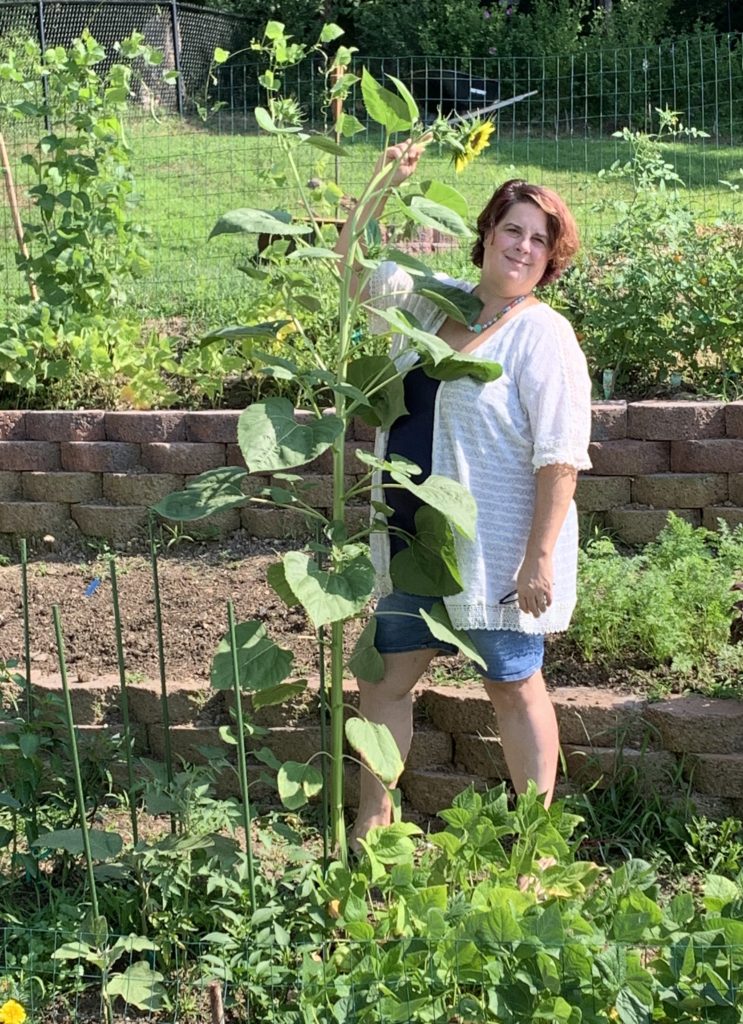
One of my uncles had space to raise cows for beef. My other uncles would buy a cow or two and have them raised with his cows. They would also come and help my uncle out with the cows when needed. Who was the “real” homesteader? In my mind, all of them. They worked together to provide good food for their families. Traditionally, homesteaders have worked together and even bartered other services or skills for the things the were unable to raise themselves.
Can We Call Ourselves Homesteaders:
So how can we call ourselves homesteaders? We grow as much produce as we can and are adding all the time, we supplement the garden by buying from local farmers. We buy our eggs, raw dairy, and meat from a local farm and from friends who raise animals. That leads me back to the calling of homesteaders. What are the odds that we would give up our dream and my hubby would wind up working with people who are also heading down the homesteading path.
You Can Homestead Too:
If you live in a small space, take some small steps towards self-sufficiency. Plant a garden, set up a pantry, learn to cook from scratch, buy in bulk as local as possible, learn about natural healing, or take up the lost arts of fermenting, canning, sewing, or crocheting.
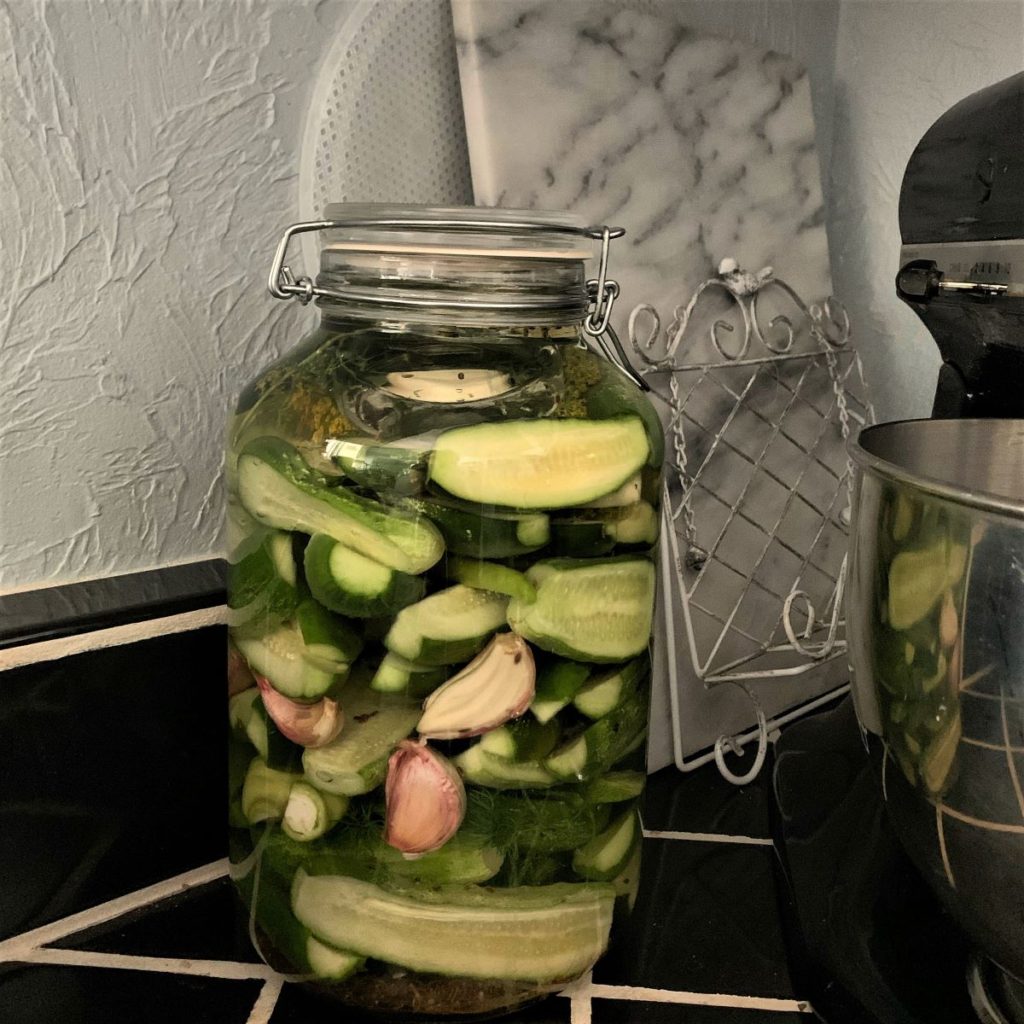
Join Our Journey
Please come back and share in our journey towards self-sufficiency. Also, I hope to be an inspiration to all of you who feel you can’t homestead in the suburbs or cities. Let’s support each other on the path of self-sufficiency.
